You have not yet added any article to your bookmarks!

Join 10k+ people to get notified about new posts, news and tips.
Do not worry we don't spam!
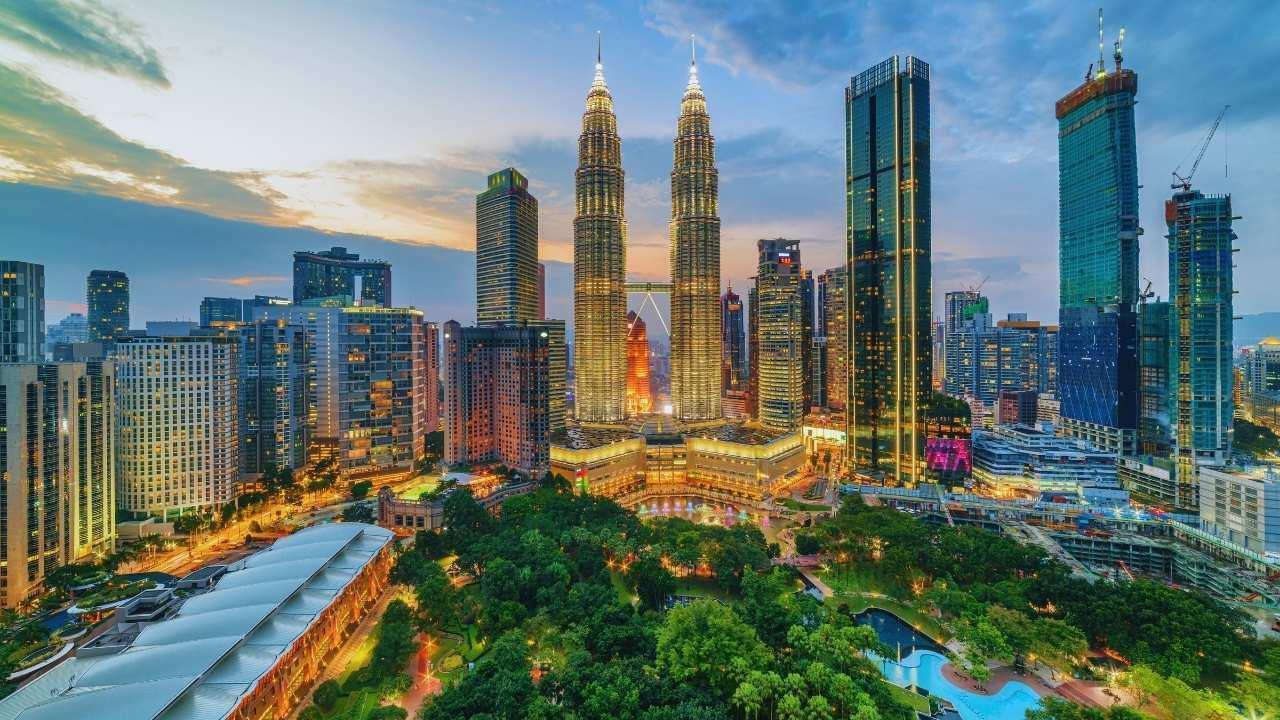
Post by : Anis Farhan
Kuala Lumpur, Malaysia’s bustling capital, is increasingly positioning itself as a “smart city.” With rapid urbanization, rising population density, and an ambitious vision for digital integration, the city has embarked on a journey to harness technology for improved governance, efficient public services, and enhanced quality of life. From intelligent traffic management to e-governance platforms, Kuala Lumpur aims to be a model for other Southeast Asian cities. However, progress is not without pitfalls. Infrastructure gaps, affordability issues, and the need for inclusive planning present ongoing challenges. The question is whether Kuala Lumpur can truly achieve a balance between technological advancement and sustainable urban living.
The concept of a smart city in Kuala Lumpur revolves around integrating information and communication technology (ICT) into urban infrastructure. The KL Smart City Framework, guided by the city council and federal government policies, focuses on three main pillars:
Digital Governance: Improving public service delivery through online platforms, digital citizen engagement, and real-time monitoring.
Sustainable Urban Planning: Leveraging technology to optimize energy use, reduce traffic congestion, and improve environmental quality.
Economic Innovation: Fostering tech-driven businesses, startup ecosystems, and smart infrastructure investment.
The city’s vision aligns with Malaysia’s broader Smart City Malaysia initiative, which aims to transform urban areas into digitally enabled, sustainable, and livable hubs by 2030.
Kuala Lumpur has invested heavily in broadband expansion, 5G deployment, and public Wi-Fi networks. High-speed connectivity enables residents to access government services, participate in digital commerce, and engage with educational platforms.
The city’s Urban Data Platform consolidates information from traffic sensors, environmental monitors, and energy grids. Real-time analytics allow city planners to anticipate problems and implement solutions, improving efficiency and citizen satisfaction.
Traffic congestion has long been a challenge for Kuala Lumpur. Smart traffic management systems, including AI-based traffic lights and predictive analytics, are helping reduce bottlenecks. The city also promotes public transport through real-time apps, cashless payment systems, and ride-sharing integration.
Projects like the KL Intelligent Transport System (KLITS) aim to provide predictive congestion alerts and optimize bus and train schedules. By integrating data from multiple sources, Kuala Lumpur is gradually moving towards a seamless and intelligent urban mobility network.
Smart lighting, energy-efficient buildings, and renewable energy integration are key components of Kuala Lumpur’s sustainability drive. Solar-powered street lighting and energy-saving initiatives in commercial districts are gradually reducing carbon emissions.
Furthermore, urban environmental monitoring, including air quality sensors and water usage tracking, enables timely interventions. Data-driven policymaking allows the city to address pollution hotspots, manage water resources, and plan for climate-resilient infrastructure.
Digital platforms such as MyKualaLumpur enable residents to report civic issues, track complaints, and participate in decision-making. By leveraging mobile applications and web portals, the city improves transparency, accountability, and responsiveness.
E-governance also extends to business services. Licensing, tax filing, and permits can now be processed online, reducing bureaucracy and facilitating economic activity.
While central Kuala Lumpur enjoys advanced digital infrastructure, suburban and low-income areas often lag behind. Limited connectivity and digital literacy gaps prevent equitable access to smart city benefits.
With the expansion of sensors, surveillance cameras, and citizen data collection, concerns about privacy and cybersecurity are growing. Ensuring secure data management and protecting residents’ personal information remain ongoing challenges.
Smart city projects require significant investments. While technology can improve efficiency, the upfront costs of digital infrastructure, IoT devices, and 5G networks are substantial. Balancing public expenditure with affordability for citizens is a delicate task.
Despite efforts, urban growth and population density continue to stress environmental systems. Energy consumption, waste management, and pollution remain pressing issues that technology alone cannot resolve.
Kuala Lumpur’s smart city journey can be compared to other Southeast Asian capitals:
Singapore: Known for its integrated urban planning, smart transport, and AI-driven governance. Kuala Lumpur has much to learn from Singapore’s holistic approach.
Bangkok: Faces similar traffic and pollution issues but lags in digital integration. Kuala Lumpur’s investment in ICT gives it a comparative edge.
Jakarta: Struggles with flooding and informal settlements. Kuala Lumpur’s smart urban planning initiatives could serve as a model for effective infrastructure management.
By learning from regional successes and failures, Kuala Lumpur can refine its strategies and avoid common pitfalls.
Private sector involvement is critical in achieving Kuala Lumpur’s smart city vision. Collaborations with technology firms, startups, and utilities help accelerate innovation and reduce the financial burden on the government.
Projects like smart parking systems, IoT-enabled waste management, and AI traffic monitoring often rely on partnerships between municipal authorities and private tech companies. These collaborations can drive efficiency, enhance service quality, and encourage innovation in urban management.
Looking ahead, Kuala Lumpur’s smart city journey will likely focus on three priorities:
Inclusive Access: Ensuring that digital infrastructure benefits all citizens, including marginalized communities.
Sustainable Growth: Integrating renewable energy, green building standards, and climate adaptation strategies.
Data-Driven Policy: Leveraging AI, analytics, and real-time monitoring to optimize urban planning and service delivery.
The city also aims to become a regional hub for smart city solutions, exporting expertise in digital governance, mobility, and urban planning to other Southeast Asian cities.
This article provides general insights into Kuala Lumpur’s smart city initiatives. It is for informational purposes only and does not constitute professional advice or investment guidance. Readers should consult official government publications or urban planning experts for specific decisions.

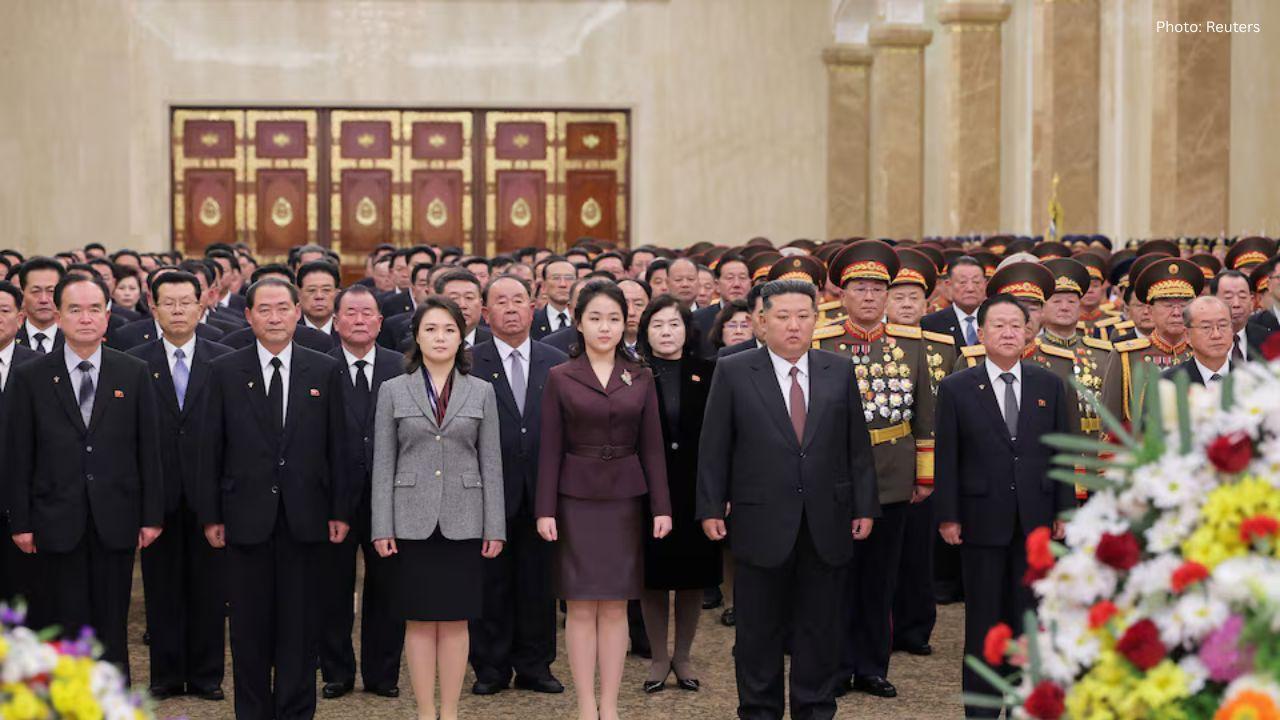


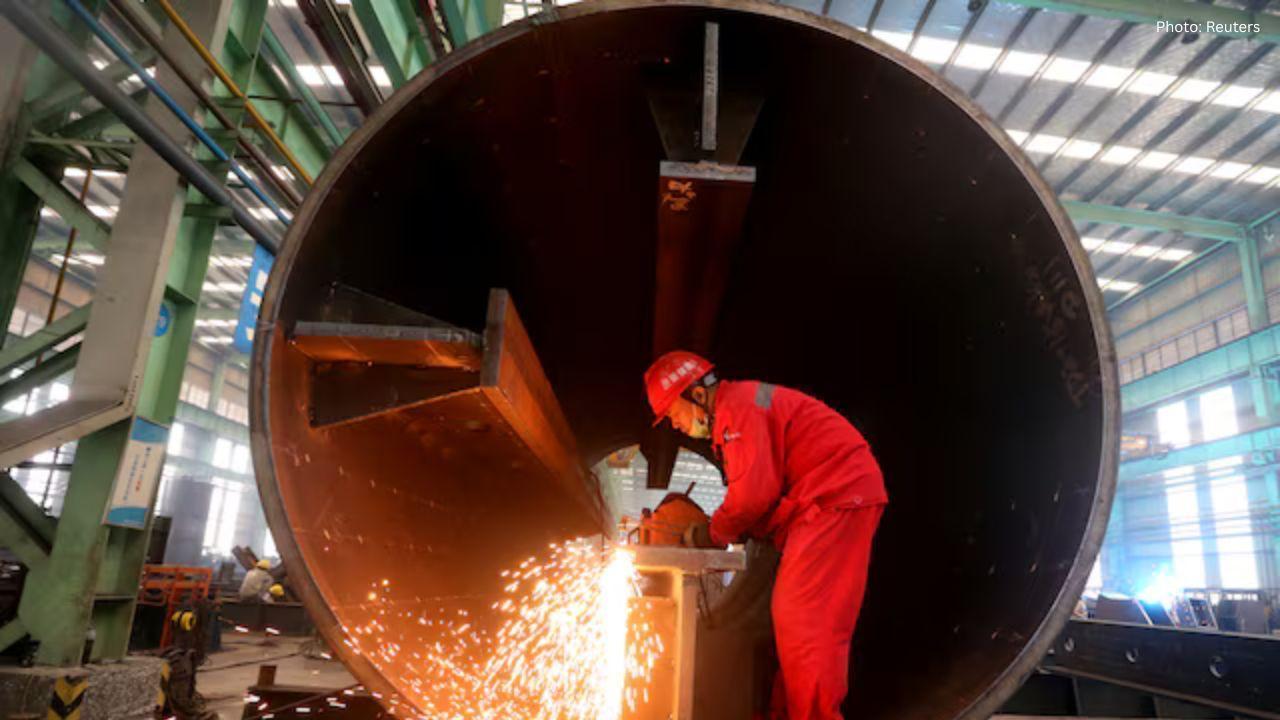


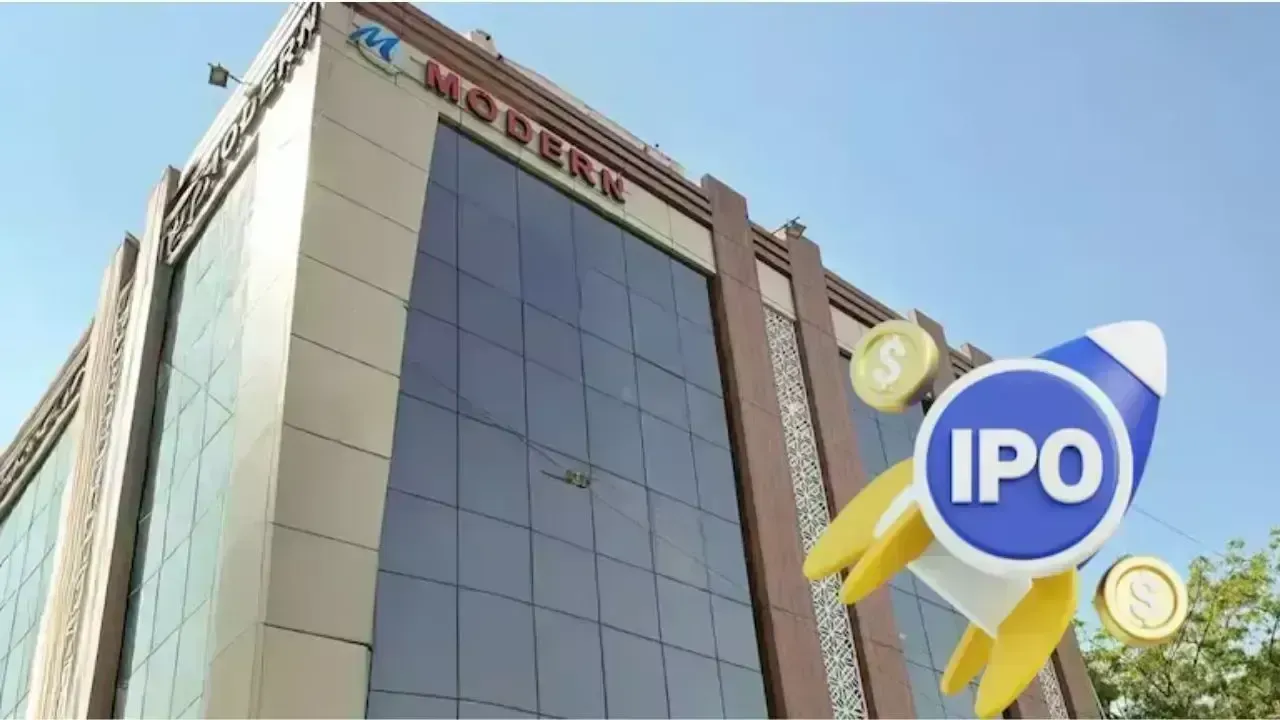


Ashes Failure Puts Brendon McCullum Under Growing England Pressure
England’s Ashes loss has sparked questions over Bazball, as ECB officials review Test failures and B

Kim Jong Un Celebrates New Year in Pyongyang with Daughter Ju Ae
Kim Jong Un celebrates New Year in Pyongyang with fireworks, patriotic shows, and his daughter Ju Ae

Dhurandhar Day 27 Box Office: Ranveer Singh’s Spy Thriller Soars Big
Dhurandhar earns ₹1117 crore worldwide by day 27, becoming one of 2026’s biggest hits. Ranveer Singh
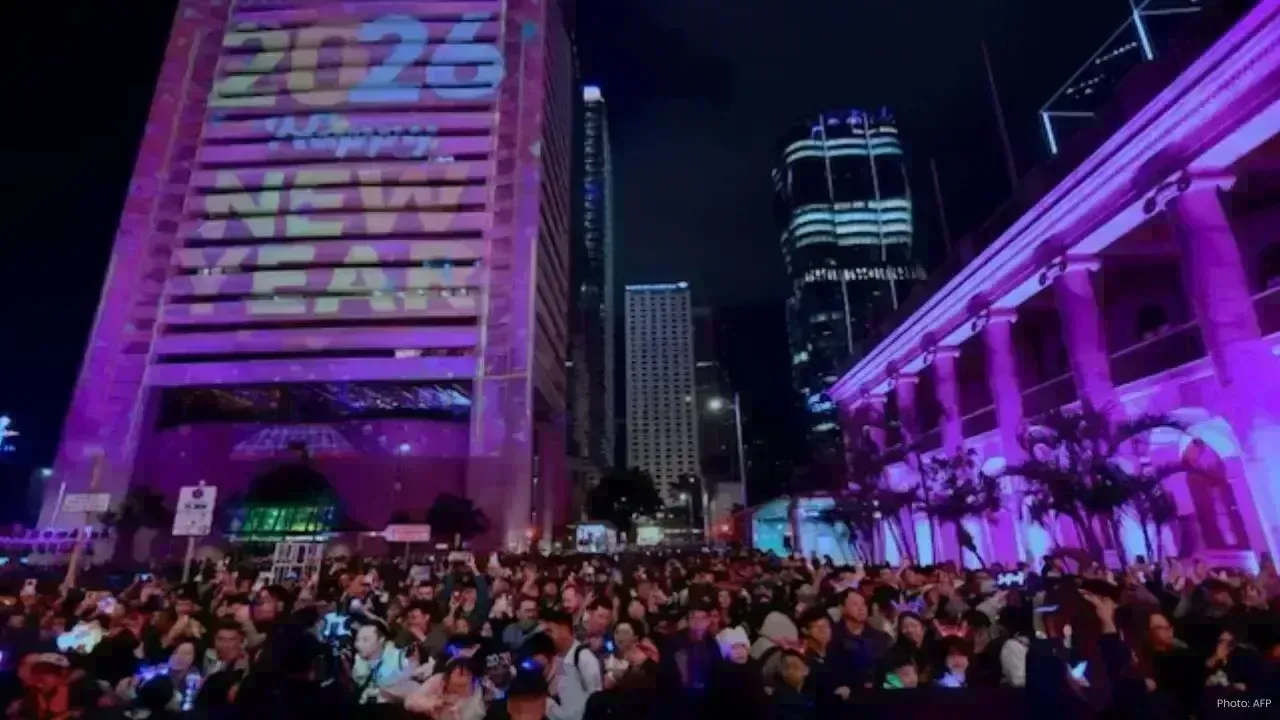
Hong Kong Welcomes 2026 Without Fireworks After Deadly Fire
Hong Kong rang in 2026 without fireworks for the first time in years, choosing light shows and music

Ranveer Singh’s Dhurandhar Hits ₹1000 Cr Despite Gulf Ban Loss
Dhurandhar crosses ₹1000 crore globally but loses $10M as Gulf nations ban the film. Fans in holiday

China Claims India-Pakistan Peace Role Amid India’s Firm Denial
China claims to have mediated peace between India and Pakistan, but India rejects third-party involv